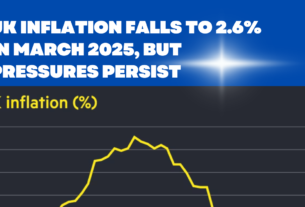The United Kingdom and Norway have launched a strategic energy alliance aimed at transforming the North Sea into a hub for clean, resilient energy. The agreement, announced Monday, is seen as a critical move to slash carbon emissions, reduce reliance on volatile fossil fuel markets, and solidify the UK’s role as a global leader in clean energy innovation.
The bilateral partnership will focus on scaling offshore wind, developing hydrogen infrastructure, and expanding carbon capture and storage (CCS) projects in the North Sea basin—a region historically tied to oil and gas production.
“This is about securing energy for the future while leading the green transition,” said UK Energy Secretary Ed Miliband. “Our alliance with Norway reinforces our mutual commitment to climate responsibility and economic resilience.”
Norwegian officials hailed the deal as a “visionary” shift in North Sea policy, aligning with the EU’s and Norway’s broader sustainability goals. The agreement includes joint investments in cross-border energy grids and collaborative research into next-generation green technologies.
The initiative is part of the UK’s Clean Energy Superpower strategy, designed to future-proof energy supply chains, lower emissions, and create thousands of green jobs by 2030.
Environmental groups welcomed the announcement but emphasized the need for urgent implementation. “This must be more than headlines—it needs to deliver real, rapid progress,” said Rachel Clark of Friends of the Earth.
Energy analysts call the alliance a geopolitical win, enhancing UK energy security amid global disruptions and tightening fossil fuel markets. With the North Sea’s legacy infrastructure and strategic location, the region is poised to become a centerpiece of Europe’s energy transformation.
The UK–Norway agreement takes immediate effect, with pilot projects set to launch later this year.




